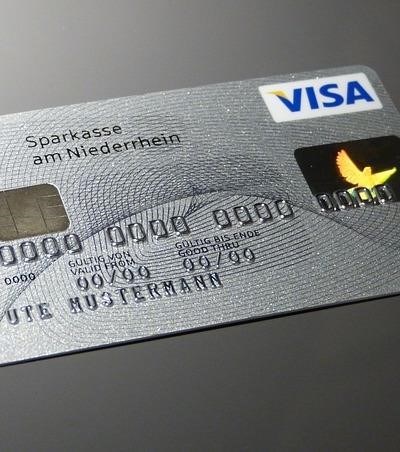
The escalating prevalence of non-Verified by Visa (VBV) credit card fraud presents a significant and multifaceted economic challenge․ This form of card-not-present fraud, particularly prevalent in e-commerce fraud, inflicts substantial losses on businesses, consumers, and financial institutions alike․ Understanding the economic impact necessitates a detailed examination of its various components․
Direct Financial Losses
The most immediate consequence is the direct loss of funds resulting from unauthorised transactions․ Credit card fraud losses incurred by merchants translate into reduced profitability and, in severe cases, business failure․ These losses are amplified by chargeback fees levied by payment processors and financial institutions when fraudulent transactions are successfully disputed․ The cumulative effect of these losses contributes significantly to the overall economic burden․
Indirect Costs and Impacts
Beyond direct financial losses, non-VBV fraud generates substantial indirect costs․ Merchant liability for fraudulent transactions, even with robust fraud prevention measures in place, can be considerable․ The costs associated with investigating fraudulent activity, implementing enhanced fraud detection systems, and managing the fallout from data breaches further exacerbate the economic impact․ The reputational damage sustained by businesses following a fraud incident can also lead to decreased customer confidence and sales․
The Role of Cybersecurity
The rise of online fraud underscores the critical role of cybersecurity in mitigating the risks associated with non-VBV transactions․ Strengthening payment security measures, including robust authentication protocols and advanced transaction security systems, is paramount․ Effective risk management strategies encompassing comprehensive fraud prevention programs are essential for reducing vulnerabilities․
Wider Economic Consequences
The cumulative effect of credit card fraud losses extends beyond individual businesses․ The impact on consumer confidence, reduced investment in e-commerce, and increased transaction costs for legitimate businesses constitute a broader economic crime affecting overall economic growth․ This type of financial crime ultimately undermines the stability of the financial system and necessitates increased regulatory oversight․
Combating Non-VBV Credit Card Fraud
Addressing the economic impact of non-VBV credit card fraud requires a multi-pronged approach․ This includes strengthening authentication methods, improving fraud detection capabilities, enhancing payment processing security, and fostering collaboration between merchants, financial institutions, and law enforcement agencies to combat identity theft and other forms of financial crime․ Effective risk management and robust cybersecurity measures are crucial in mitigating the threat of unauthorised transactions and protecting the integrity of the global financial system․